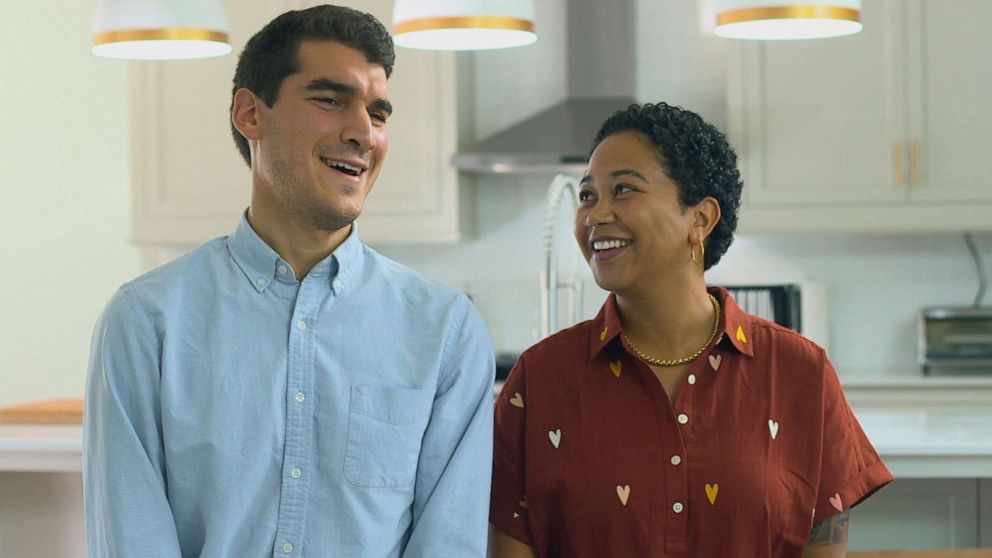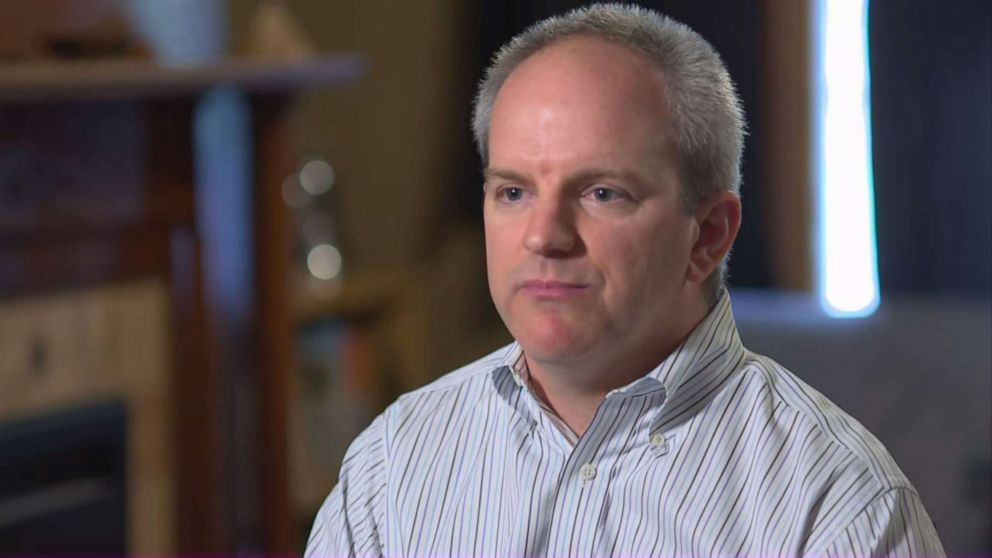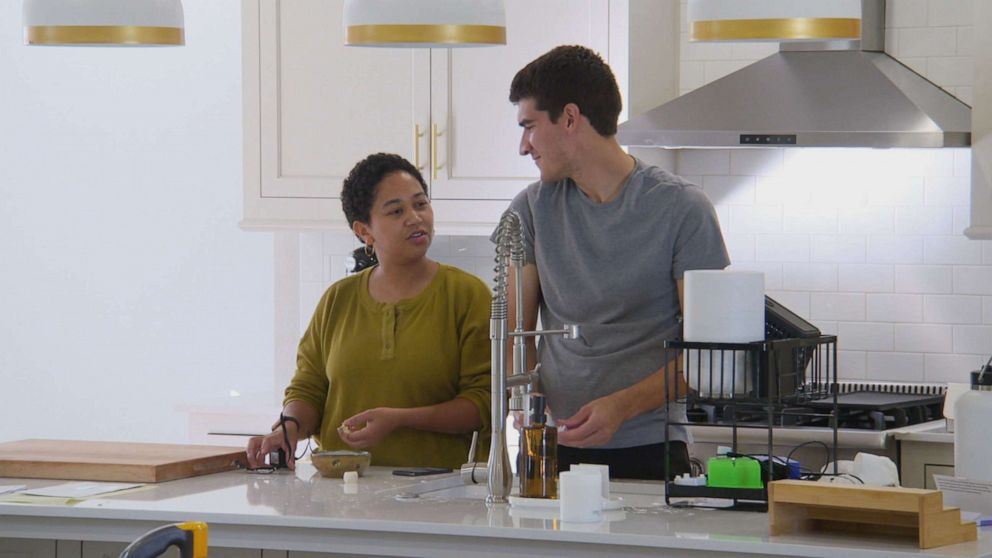States, towns use incentive programs to entice movers across the country
“Why would someone give you $10,000 if they don't want you there, right?”
With on-site work in a state of flux due to the pandemic, small towns, big towns, regions and even states, have launched programs to incentivize people to move.
Anela Malik and Ahmed Zuhairy have worked from their home in Washington, D.C., for over a year. They say that over the course of the pandemic, what they were looking for in a hometown, has changed.

"Though we loved our apartments, our various apartments over the years, they were all really small. With two people and two cats that were now working from home, fighting for space on calls, and trying not to interrupt each other's Zooms," said Malik. "Our life shifted dramatically during the last year."
Anela Malik is a social media influencer and her husband, Ahmed Zuhairy, is a financial crimes analyst. They said they were looking to find more space, a good community and a place that suited their other interests outside of work.

"[My husband] really wants to be in a place with a great cycling infrastructure. We both really like nature," said Malik. "I was looking for a place that had a thriving or at least a growing food scene. When we started our Google searches, Northwest Arkansas came up every single time."
The couple decided to take advantage of an incentive program in Northwest Arkansas called, “Life Works Here,” that offered $10,000 and a credit that can be used at any local shop that piques interest. The two were chosen for the program out of more than 35,000 applicants.
"I filled out the application late at night on a whim and then we booked a trip here and right before we came, they notified us we were selected," said Zuhairy. "So that was on our minds when we visited, but I would say that, in my view, it was the people here that made up our minds for us."

Malik and Zuhairy signed a lease in October for their new home in Lowell, Arkansas, a town with a population less than 10,000.
The "Life Works Here" program was launched in November 2020 and only 64 applicants have been accepted, according to Nelson Peacock, the CEO and president of the Northwest Arkansas Council.
"People are finding that they can come here, have an exciting employment opportunity, just live their life and excel here," said Peacock, who oversees the program. "And so I think that's what we're taking advantage of."
Peacock said that the program focuses on accepting three different categories of professionals: remote workers, STEM workers and creative entrepreneurs.
"We also want to bring in these entrepreneurs so they can build, grow, and scale their companies to help us with job growth in the future," said Peacock. "And then the creatives to help us build out a well-rounded quality of life here."
Northwest Arkansas isn't the only place taking advantage of newfound remote-work flexibility and offering incentives to urge people to relocate.
Tyler Jaggers, a 41-year-old video game designer, moved from his home in San Jose, California, to Topeka, Kansas, in October 2020.
He said the high cost of housing in Silicon Valley was a wake-up call.
After applying to the "Choose Topeka" relocation incentive grant, Jaggers was awarded $10,000 and decided to trade in his small rented California apartments for a house that he owns.

"There would be almost 20 people living in the same house where people were renting couches," said Jaggers. "For me, when I saw that, I was like, 'It's time to start investing in my own personal, long-erm existence.'"
"Why would someone give you $10,000 if they don't want you there, right?" he added.
Jaggers bought a three-bedroom, two-bathroom home in Topeka for $47,000.
"The real part of the move that was so exciting to me was the idea of home ownership," said Jaggers.
In order to keep the awarded $10,000, relocated residents have to stay in Topeka for a minimum of a year.
It's been a little over a year since Jaggers made the move, and he said he has no plans to leave anytime soon.
"I'm not planning on flipping this house, ever. I'm not planning on moving ever. It's the best living experience I've ever had in my life," said Jaggers, who is almost finished renovating his new home and continues to work remotely for a video game company.

Jaggers said that the pandemic forced him to rethink about what he values in a home.
"The pandemic years made me make the best decisions I've ever made and actually gave me that nudge to grow up in a sense," said Jaggers.
Back in Arkansas, for Anela Malik and Ahmed Zuhairy it's still too early to tell whether or not the move was the best decision for them, but they said they're only optimistic.
"I think a lot of young people right now, especially, are thinking about leaving the bigger cities, because our work has changed so much, so our home lives also need to change to accommodate that," said Malik.
She said one of the most important things to think about when thinking about relocating is to consider the community.
"I would say just make sure that you could imagine your life in that community and there are a lot of incentive programs out there," she said. "And that is an opportunity. But just make sure you could imagine your life in that place."




